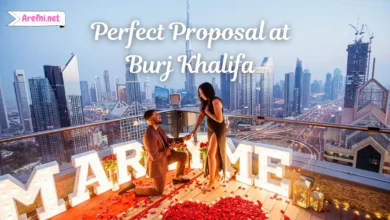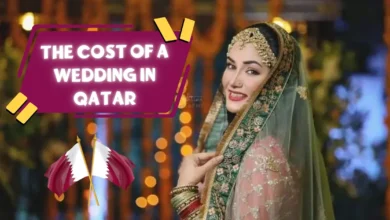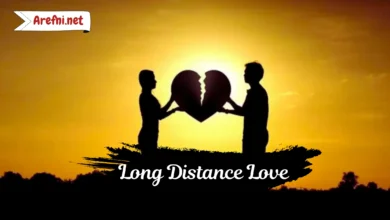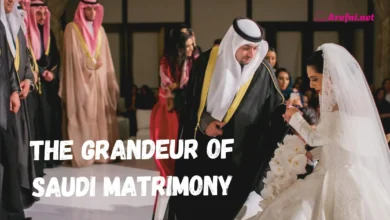Dating in Dubai vs Riyadh
A Deep Dive into Two Contrasting Cultures
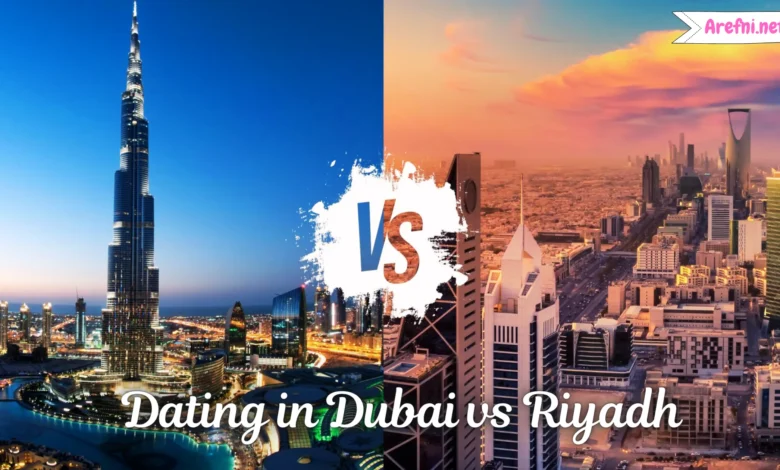
Dating in the Middle East is a complex, evolving experience influenced by tradition, religion, modernity, and luxury. When it comes to two of the region’s most prominent cities Dubai and Riyadh the differences are striking. Dubai, known for its cosmopolitan atmosphere and liberal lifestyle, contrasts sharply with Riyadh, the heart of Saudi Arabia’s cultural and religious conservatism.
This blog explores the nuances of dating in both cities, examining legal frameworks, cultural expectations, social norms, luxury dating services, and how technology and globalization are reshaping romantic relationships in these iconic Gulf cities.
1. Cultural Foundations: East Meets West vs. Deep Tradition
Dubai: A Cosmopolitan Love Hub
Dubai has positioned itself as a global luxury destination. With a population made up of over 85% expatriates, dating in Dubai reflects a diverse mix of Western, Eastern, and Arab influences. While the UAE remains a Muslim country, Dubai’s dating culture is more relaxed than in most other Gulf states.
Luxury dating apps, private singles clubs, yacht parties, and networking events are part of the dating landscape. Public displays of affection (PDA) are still technically frowned upon, but discreet dating is generally accepted in high-end restaurants, rooftop bars, and private villas.
Riyadh: A New Chapter Rooted in Tradition
Riyadh, the capital of Saudi Arabia, has undergone a transformative shift under Vision 2030. Social reforms have allowed more gender interaction in public spaces, but dating remains heavily influenced by traditional values. Sharia law still plays a central role in personal relationships.
Until recently, male-female interaction was restricted, but today, cafes, malls, and social events offer opportunities for singles to meet albeit within conservative boundaries. Family involvement in matchmaking remains prevalent, and arranged marriages are still common.
2. Legal Landscape and Restrictions
Dubai
- Non-married couples can now legally live together (since 2020).
- While alcohol is legal in licensed venues, behavior in public must still reflect local decency laws.
- Dating is permitted, but excessive PDA or indecent behavior can lead to fines or deportation.
- There is a growing niche of private matchmakers catering to elite clients.
Riyadh
- Unmarried couples can now socialize in public in designated areas.
- The guardianship system has been relaxed, but family honor still plays a key role.
- Private matchmaking and family-arranged meetings remain the dominant approach.
- Public displays of affection are still strictly prohibited.
3. Where Singles Meet: From Lounges to Family Gatherings
Dubai:
- High-end restaurants and lounges: Nobu, Zuma, Atmosphere
- Private members clubs: Soho Garden, The Arts Club Dubai
- Online dating apps: Tinder, Bumble, Luxy (for luxury dating)
- Yacht and desert safari dating events
Dubai offers a vibrant nightlife scene, where singles can meet organically or through curated events. Wealthy expats often join luxury matchmaking services or exclusive clubs designed for affluent professionals.
Riyadh:
- Shopping malls and family-friendly cafes
- Workplaces and universities (gender integration is increasing)
- Cultural festivals and Saudi Seasons events
- Private family gatherings and traditional matchmaking circles
Dating in Riyadh is more discreet and structured. Online apps like Hawaya and Muzmatch are tailored to the cultural sensitivities of Saudi users, often with marriage as the end goal.
4. Role of Technology: From Halal Dating Apps to High-End Matchmakers
Dubai:
The dating app scene is booming, with apps like Bumble and The League gaining popularity among educated expats. There is also a growing trend of personalized dating concierge services that arrange bespoke romantic experiences for ultra-wealthy clients.
Luxury dating in Dubai often involves:
- Private helicopter dates
- Designer gift packages
- VIP event access
High-net-worth individuals (HNWIs) often seek matchmaking agencies that provide exclusivity, background checks, and compatibility reports.
Riyadh:
In Riyadh, technology is helping bridge tradition with modern needs. Apps like Hawaya and Eshq are designed for Muslims who want serious relationships within halal frameworks.
Some premium matchmaking services offer discreet consultations with family approval, reflecting the balance between tradition and tech innovation.
5. Luxury Lifestyle and Dating Expectations
Dubai:
- Designer fashion, luxury watches, and premium gifts are often part of the dating experience.
- Popular dating spots include beachfront resorts, Burj Khalifa view dinners, and hot air balloon rides over the desert.
- Financial independence is valued, and both men and women are open to sharing costs or offering thoughtful luxury gestures.
Riyadh:
- Romantic gestures are more conservative and respectful of cultural boundaries.
- Gifts are often symbolic and traditional like fine gold jewelry, oud perfume, or dates presented in luxurious packaging.
- Private desert camps and exclusive resorts are sometimes used for post-engagement celebrations.
6. Gender Dynamics and Relationship Goals
Dubai:
Relationships are more fluid and often based on mutual interests. While long-term commitment is common, many expats also pursue short-term relationships due to job mobility.
Women in Dubai are highly educated, financially independent, and assertive in relationship choices. This has created a balanced dating ecosystem where both genders engage on equal footing.
Riyadh:
Relationships are generally pursued with marriage as the end goal. Family approval is often essential, and dating is seen as a serious step toward commitment.
Men are typically expected to take the lead in initiating relationships, and financial readiness (including the mahr) is a prerequisite. Women, while increasingly empowered, still navigate traditional expectations around modesty and family values.
7. Wedding Culture and Marriage Preparation
Dubai:
Weddings often reflect global trends destination weddings, designer gowns, luxury wedding planners, and social media showcases. Interfaith and intercultural marriages are more accepted.
Dowries and mahr vary depending on culture, but there is a tendency toward more personalized, negotiable arrangements.
Riyadh:
Weddings in Riyadh are large, often segregated by gender, and culturally rich. Family honor and social reputation are critical.
The mahr (marital gift) is usually in the form of gold, luxury items, or substantial cash, highlighting the groom’s ability to provide.
8. Challenges in Both Cities
Dubai:
- Short-term expat stays can affect relationship stability.
- High living costs may pressure young couples.
- Cultural misunderstandings between different nationalities.
Riyadh:
- Family pressure and societal expectations can limit romantic freedom.
- Legal limitations on gender interaction still create barriers.
- Lack of privacy and stigma around dating make it difficult for some individuals.
9. The Future of Dating: Toward a New Middle Eastern Romance
With increasing globalization, digital transformation, and government reforms, dating in both cities is set to evolve.
Trends to Watch:
- Rise in luxury dating agencies tailored to Gulf elites
- Cross-border matchmaking between Gulf nationals and international partners
- Cultural blending in wedding ceremonies and relationship models
Dubai is likely to continue embracing liberal, cosmopolitan dating culture, while Riyadh balances modernization with deeply rooted Islamic values.
Two Cities, Two Love Languages
Dating in Dubai and Riyadh reflects two ends of the Gulf dating spectrum one rooted in tradition and the other shaped by modernity and global influence.
Dubai offers a vibrant, diverse dating scene filled with luxury, freedom, and innovation. It caters to expats and forward-thinking locals seeking romance in a high-end lifestyle context. Whether it’s through elite dating services, rooftop encounters, or desert getaways, love in Dubai is about choice and individuality.
Riyadh, on the other hand, offers a dating culture steeped in values, family ties, and honor. Here, love is carefully cultivated within the bounds of religion and social norms. As reforms continue and new platforms emerge, young Saudis are finding ways to blend their heritage with personal aspirations.
Both cities illustrate that love in the Gulf is as diverse as the people who live there. Whether through a rose-gold Cartier bracelet in Dubai or a hand-written love letter in Riyadh, the expressions of affection may differ but the pursuit of connection remains universal.

